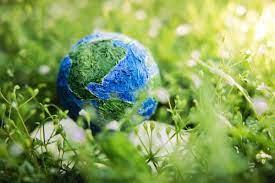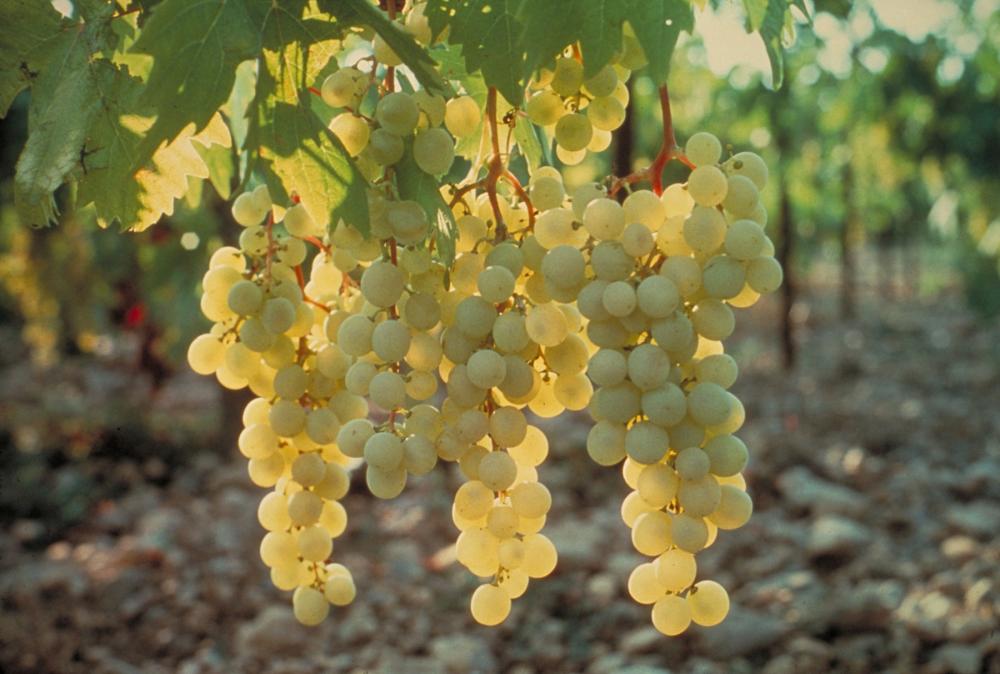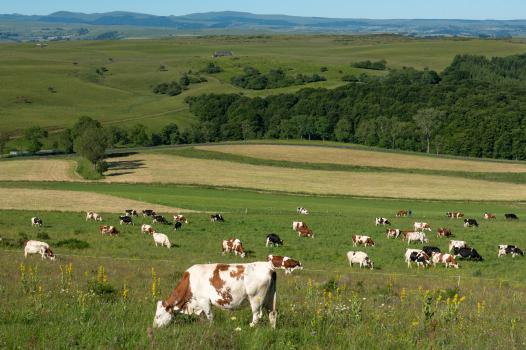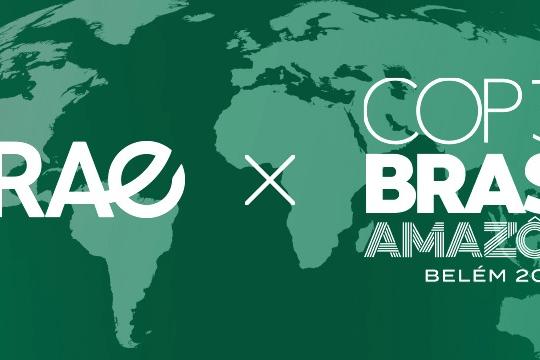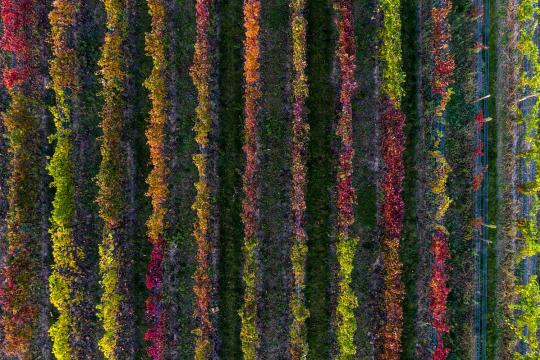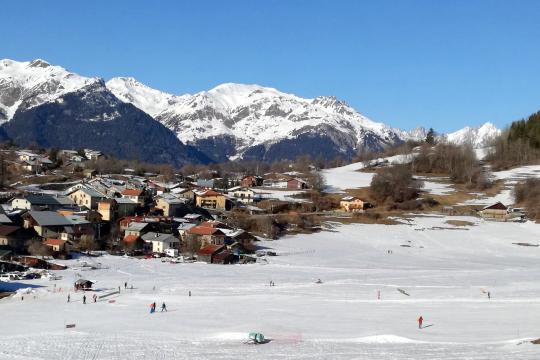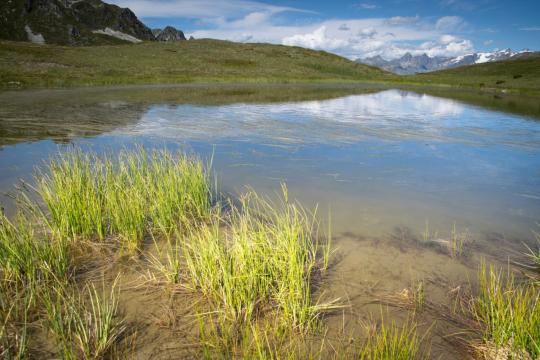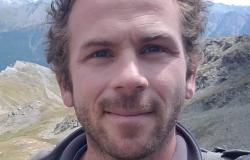Thematic
Climate change and risks
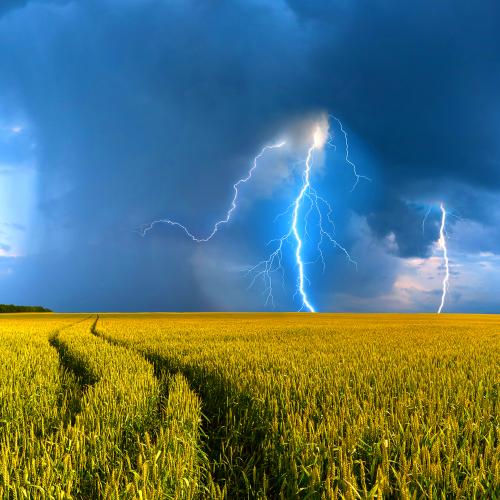
Facing climate change and managing risks
Climate change is leading to the greater frequency, intensity, and duration of heat waves, droughts, and extreme precipitation events. Climate seasonality has been disrupted.
As a result, natural risks (e.g., droughts, floods, fires), health risks (e.g., biological invasions, pandemics), and socio-economic risks (e.g., market instability) have increased. There are significant threats to food systems, water resources, soil resources, means of subsistence within populations, infrastructures, human health, and ecosystem health.
INRAE is carrying out interdisciplinary research on the causes and consequences of climate change using experiments, modelling, and long-term observational data. Working with its partners and a diversity of stakeholders, the institute is helping design and implement sustainable solutions to the transitions that the world must undertake. These solutions must limit the effects of climate change, fuel adaptations to new conditions, and both prevent and manage climate risks.
Our fields of research
Our research focuses on the causes of climate change and its impacts, as well as conceptualising and implementing means for mitigation and adaptation, including carbon sequestration and biomass storage, agrifood system and ecosystem adaptation, and water and resource management. We work on understanding, preventing and managing natural, health and socio-economic risks and how they are interrelated to promote multi-hazard risk management.
> Read reports and emblematic cases from our research in these areas. New issues will regularly be posted for this topic.

